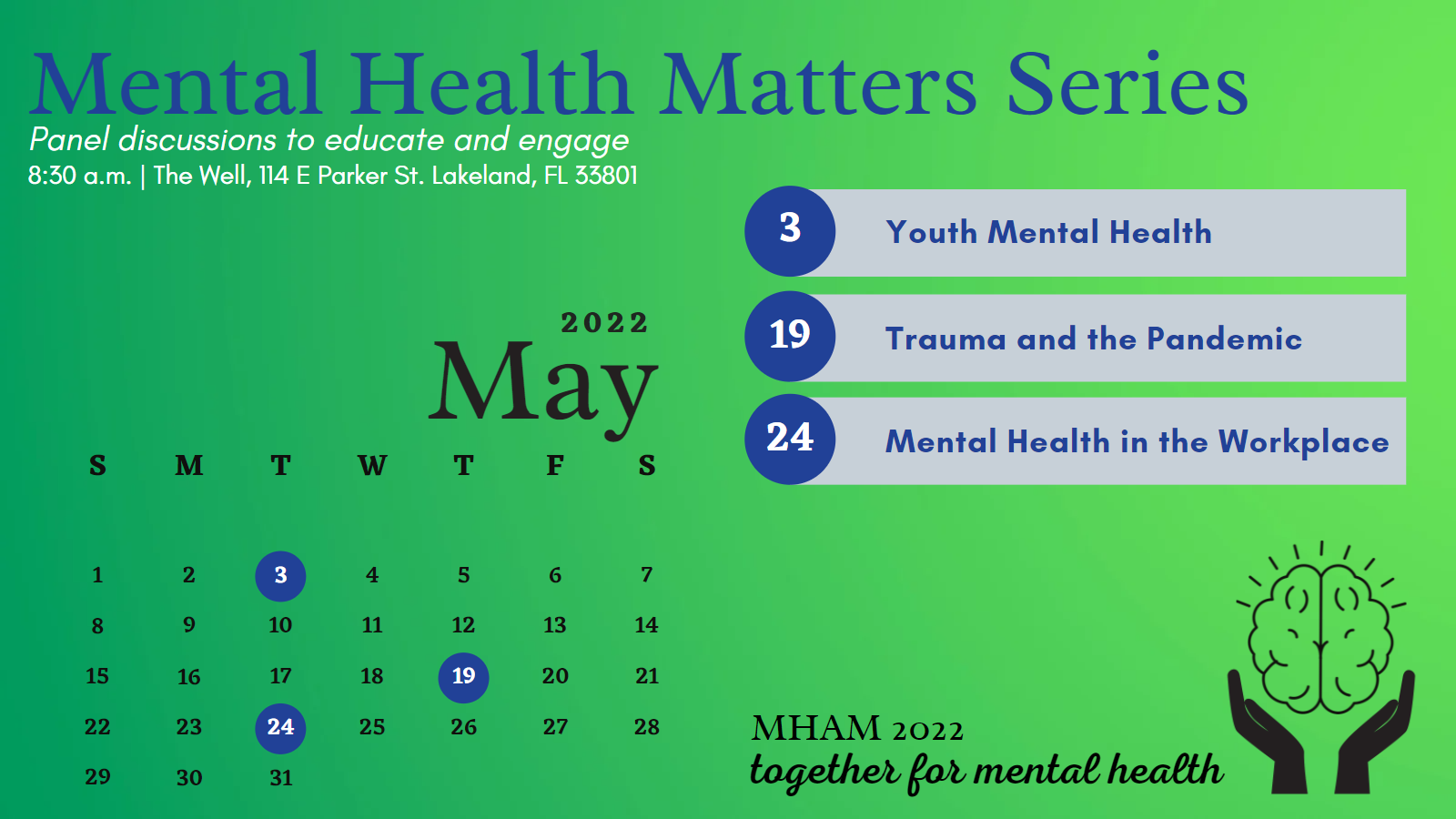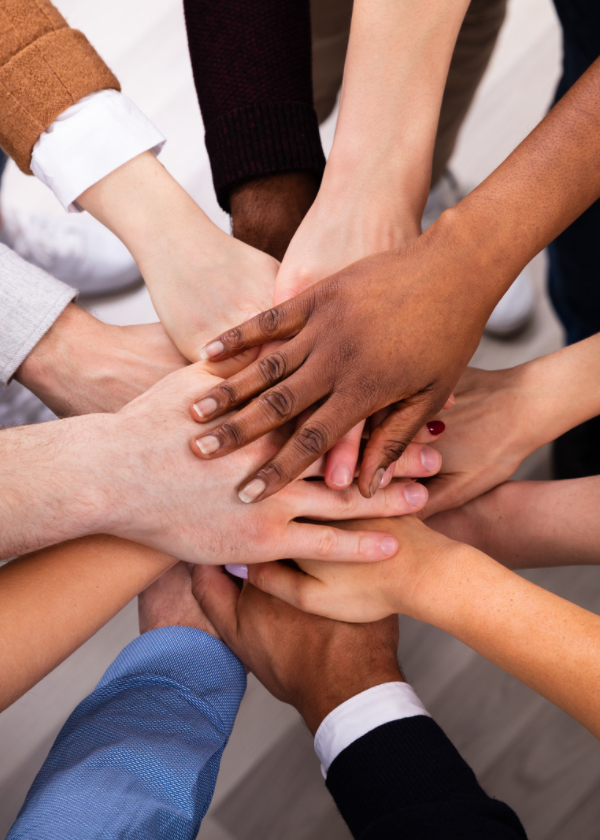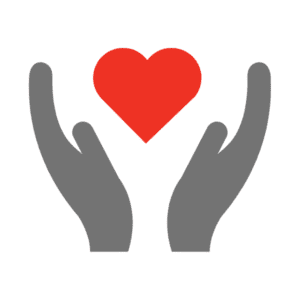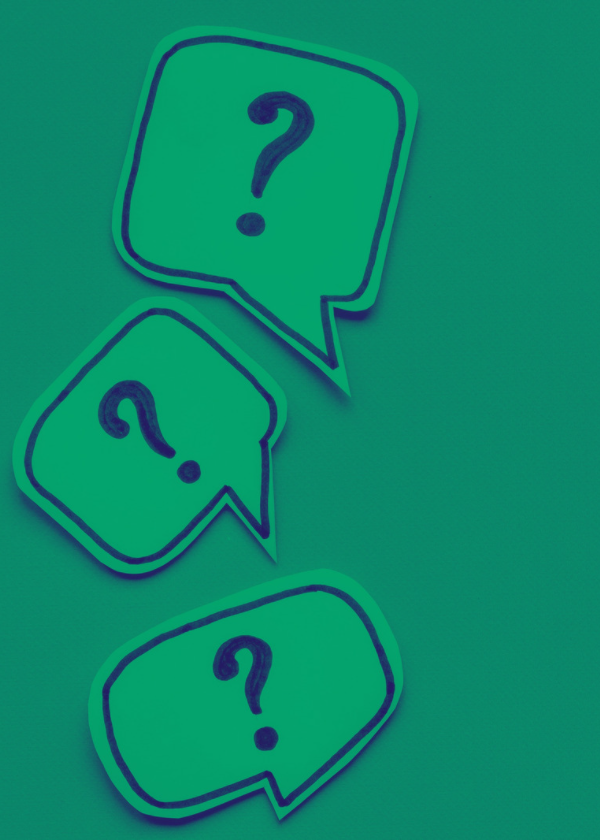
You can make a difference.
By supporting Peace River Center, you’ll be helping us make a positive impact in the lives of the people we serve. Whether it’s a small gift or some of your spare time, you’re contributing to our goal: to help build emotional wellness in our communities.
You can make a difference.
By supporting Peace River Center, you’ll be helping us make a positive impact in the lives of the people we serve. Whether it’s a small gift or some of your spare time, you’re contributing to our goal: to help build emotional wellness in our communities.
Sign up for updates!
Get news from Peace River Center in your inbox.
By submitting this form, you are consenting to receive marketing emails from: Peace River Center, 1239 East Main Street, Bartow, FL, 33830, US, http://peacerivercenter.org. You can revoke your consent to receive emails at any time by using the SafeUnsubscribe® link, found at the bottom of every email. Emails are serviced by Constant Contact.
You Are Not Alone. Get Help Today!
Emotional Support & Crisis Line: 863.519.3744
Domestic Violence Crisis Hardee/Highlands County: 863.386.1167
Domestic Violence Polk County: 863.413.2700
Sexual Assault Crisis Line: 863.413.2707
You Are Not Alone.
Get Help Today!
Emotional Support & Crisis Line: 863.519.3744
Domestic Violence Crisis Hardee/Highlands County: 863.386.1167
Domestic Violence Polk County: 863.413.2700
Sexual Assault Crisis Line: 863.413.2707
Privacy Policy | Política de Privacidad | Avi Sou Pratik Konfidansyalite
Portal | Auxiliary Aids Plan 2024 | Plan de Herramientas Auxiliares 2024 | Plan Èd Oksilyè 2024| Title VI Nondiscrimination Program Policy Statement | Title VI Complaint Form | Titulo VI Formulario de Quejas de Discriminación | Fòm Pou Pote Plent Pou Diskriminasyon | Transportation Services Promotional Statement
© Copyright – Peace River Center 2024 | Website Design By: MaximizeDigital.com


 Did you know mental illnesses are as common as silver cars and brown eyes? Yet the stigma prevents many people from seeking help. That’s why it’s important we join together to learn more and empower ourselves and others. The Make It OK campaign helps individuals just like you learn, talk, and share about mental illness.
Did you know mental illnesses are as common as silver cars and brown eyes? Yet the stigma prevents many people from seeking help. That’s why it’s important we join together to learn more and empower ourselves and others. The Make It OK campaign helps individuals just like you learn, talk, and share about mental illness.  We talk about our our aches and pains, hearts, allergies, etc. We will share what blood pressure meds we are on or what natural remedies work for us. So why do we avoid discussing our mental health? Stigma. But it’s time to start having open and honest conversations about our mental health too!
We talk about our our aches and pains, hearts, allergies, etc. We will share what blood pressure meds we are on or what natural remedies work for us. So why do we avoid discussing our mental health? Stigma. But it’s time to start having open and honest conversations about our mental health too! Too often, stigma can cause people with a mental illness to feel ashamed. The stigma can cause them to hide or not seek help for this treatable medical condition. It’s time we come together to educate ourselves and others about the myths surrounding mental illness. Check out the boxes below to learn more. Together we can stop the stigma.
Too often, stigma can cause people with a mental illness to feel ashamed. The stigma can cause them to hide or not seek help for this treatable medical condition. It’s time we come together to educate ourselves and others about the myths surrounding mental illness. Check out the boxes below to learn more. Together we can stop the stigma.


